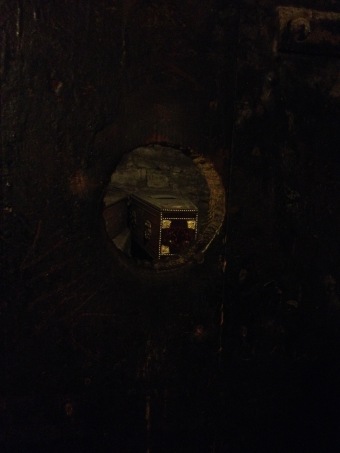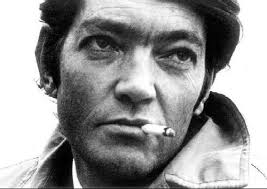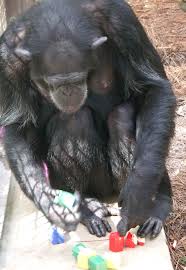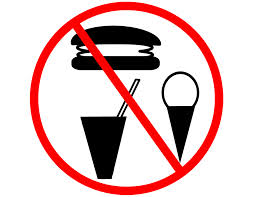Two weeks ago I received a collection notice from the post office in my area in South West Dublin: I expected the international letter to contain the ballot papers for tomorrow’s general election in Spain. Getting the vote when you live abroad is a complicated and hazardous process for Spanish migrants. Register with the embassy and, as a result, lose your rights to universal health coverage in Spain; then follow a process of inscription in the electoral census for migrants and ask for your vote every time there is an election; finally, if you are lucky and you get your papers, as I did this time but not for the last regional elections, vote by post or at the Spanish Embassy.

I have been bemoaning this paean to red tape cynically calculated by PP to hinder the migrant vote, which would be overwhelmingly against them, since it was introduced, turning what was a straightforward procedure into a Kafkaesque process. But I must admit that this time it has served me well: the journey for the vote has been illustrative of longer roads and more difficult journeys. You see I cycle everywhere: I cycle when it is windy and I cycle in the rain and I cycle early in the morning and when it is close night and I cycle past hoodlums and, sometimes, past the so-called genteel. Cycling I weave in and out of the many paths of this city, some dark and some bright, some narrow and some wide, and I get to know it at a ponderous pace unknown to the speed of cars; and I get to know it with a sense of invulnerability, unknown to the lone pedestrian. We all should cycle through our city: we all should travel through the unfamiliar and disquieting now and then.

My journey to the vote began with my cycling in the close darkness of a December night fighting the damp Dublin winter chill uphill to the Collection Office in Crumlin, my local Post Office. Crumlin is expansive but tightly built. Clusters of two bedroom terraced houses rendered in pebbledash with a short drive and small back garden built as social housing for tenement dwellers and the deserving working class. In Crumlin you have no choice but to rub elbows with your neighbours and at Christmas squint at the brash displays on windows, walls, or roofs. The area smacks of grit and hard earned comfort punctuated with the Baroque decorative efforts of the working class: white ladies displaying their marmoreal charms on window sills, scallop blinds shading a vase with iridescent plastic flowers; a Doric porch fronting a 60 metre square house. Here live taxi drivers, deliverymen, plumbers and bricklayers and, increasingly, since the days of the Celtic Tiger property boom, interlopers, like me, who paint their doors Farrow and Ball grey and remove all ornamentations from their front windows. I feel quite at home here: Crumlin is not far removed, allowing for striking architectural differences, from the area I lived in as a child growing up in Madrid. In electoral terms this is a section of the vote that needs to be conquered, no doubt, but is not pandered to by majority parties. The aspirations and prospects of its dwellers are largely in the shadow of that middle class that apparently represents everybody and ends up being a faceless zero in an unworkable political equation.

When I finally arrived in Crumlin Village shortly before the Post Office was due to close, I was welcome by a waft of hot air carrying the succulent smell of coronary-inducing chips. The smell reminded me of my granny’s own very working class street in Madrid and of the couple who ran an old fashioned crisp frying and peanut roasting shop. I pictured myself standing there against the mint green tiles on the walls, holding a gifted and very greasy bag of crisps straight out form the oil vats at the back; my grandmother and aunt exchanging pleasantries with the owners, Bernardo, a stocky man with a shock of wiry grey hair, and Pepita, whose size oddly matched her name to my child’s ears, “little peep”. This was a rare olfactory memory for me and it made me wonder whether everybody has one and about the Poustrian smells of the upper classes. And I am unable to imagine what smell, haphazardly experienced in a public place, makes them travel back in time. I think of the forbidding fortresses they call homes and of lives where public space is only a space of transit between private spaces designed to keep the great unwashed away. I cycle home with my ballot papers safely in my bag. On my bike sometimes I feel like I can do anything. Perhaps this time we can, Podemos. But this is only the first part of my journey. The vote, I think, will be secured when I take it to the Embassy the following week.

And so, the second leg of the journey begins on a much milder night and it is an easterly journey to affluent Sandymount, passing through even more affluent Ballsbridge. Two well-heeled and very kind ladies direct me along the way when I am forced to stop and squint at nearly invisible street signs perched a top remote walls in the dark. Steep stairs at the end of wide and pebbled drives lead up to austere Christmas wreaths: no garish displays of seasonal cheer here. Money knows that money is not secured through public ostentation but through private deals: a truth that escapes the cruelly-termed “chavs” and “knackers” who think that glitter and horsepower will act as lucky charms for prosperity. The signifiers of wealth are as elusive as the closed circles of the very wealthy and they are constantly changed to leave us behind. The Lutheran sobriety of the unadorned facades of the stately houses in Dublin 4 is a smack on the face of the Baroque pretensions of their Dublin 12 counterparts. Don’t be fooled by sentiment: their inhabitants will never be visited by the Ghost of Christmas Past.
It is unsettling to cycle through unknown parts of town: in narrow alleys you can be jolted by unsavoury looking characters ducking in and out of the road. Dublin 4 is also unsettling but in that post-apocalyptic and semi-feudal barrenness that lone pedestrians or cyclists, stranded or forced by circumstance like I was, experience when moving through the deserted streets where the very rich live. Front windows are high and cinematic in scope but mostly reveal airy rooms with high ceilings and subdued lighting; I can only guess the comforting warmth of a fireplace beyond eye reach. The houses I pass are the size of at least six or eight Crumlin houses. I think of an old and depressing trait of humankind: some have to make do with their slice on their terraced road, and that is, to my mind, doing pretty well, in a world where millions starve or are blown apart or both; a minority, though, believe they need more. They have to be at the centre of a very wide canvas, commanding a large space, territorially announcing their dominance. Other paintings are teeming with life moving with the insistence of tingling ever flowing blood just awakened. This is not one of those pictures. There is an eerie stillness to the deserted streets that makes me think of wolves and turrets hiding invisible bowmen. The air smells of nothing.

I was approaching the Embassy with my vote already in its envelope and I thanked them for putting me through this journey, which turned out to be a fable and a parable, like most journeys once they are committed to paper. After forty minutes cycling to get to the Embassy, I realised that my vote directly addressed the disparity that I had witnessed, that I was voting as if to say my eyes are open and I see these differences and although my street is narrow my mind is wide and is not up for the taking. With a bit of luck, tomorrow Spain will be awash with the faces, light, and smells of its people voting for change.
Happy Christmas!








